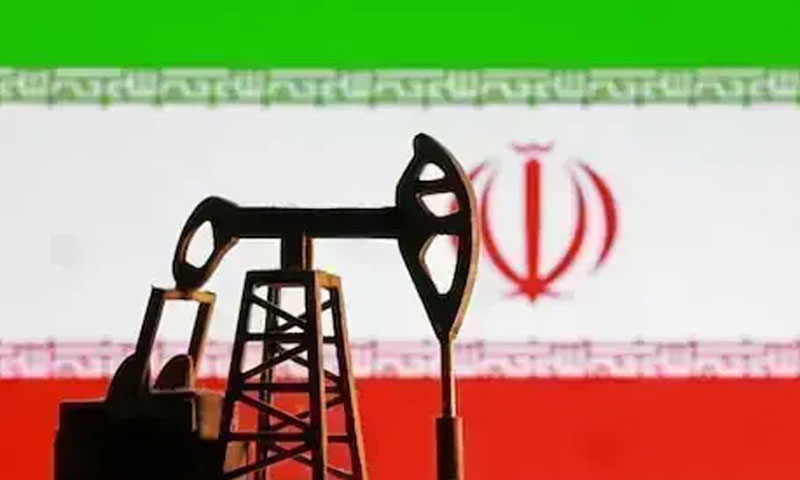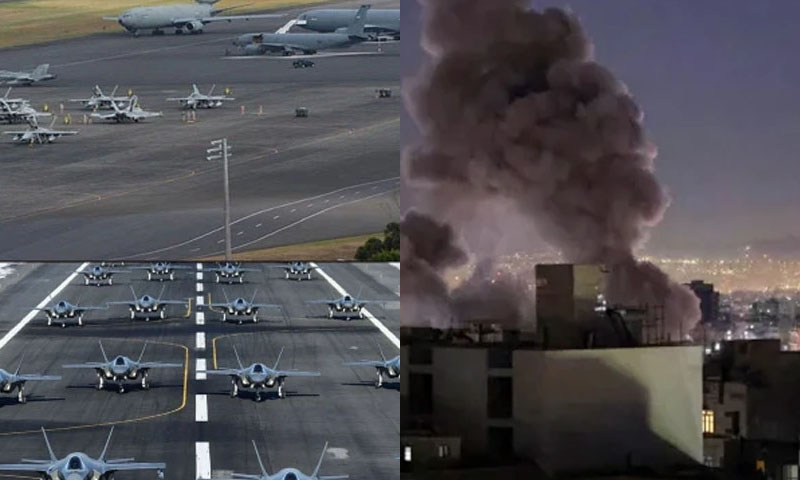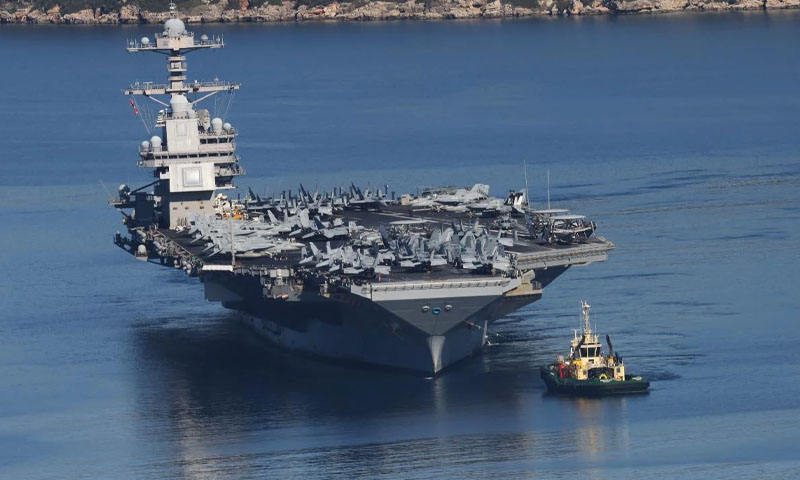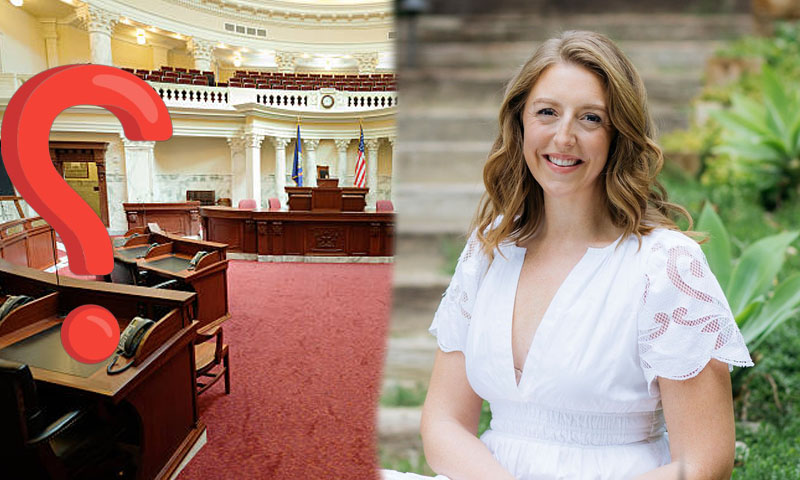- Web
- Mar 02, 2026
Trump welcomes Saudi Crown prince to White House for high-profile visit
-

- Reuters
- Nov 18, 2025

WASHINGTON: US President Donald Trump hosted Saudi Crown Prince Mohammed bin Salman at the White House on Tuesday, marking the Saudi leader’s first visit in more than seven years as he seeks to rebuild his global standing following the 2018 killing of journalist Jamal Khashoggi and deepen strategic ties with Washington.
The crown prince received a lavish reception on the South Lawn, complete with a military honour guard, cannon salute and a flyover by US fighter jets — an elaborate display normally reserved for state visits. Trump greeted him on the red carpet before leading him inside for formal talks.
The agenda for the meeting includes expanding security cooperation, advancing civil nuclear collaboration and finalising multibillion-dollar business deals. However, US officials say no breakthrough is expected on the long-discussed Saudi move toward normalising ties with Israel, despite Trump’s strong push for such an agreement.
The visit reflects a relationship that remains central to US foreign policy—between the world’s largest economy and its top oil exporter—even as the global backlash over Khashoggi’s killing has gradually faded. US intelligence agencies concluded that the crown prince had approved the capture or killing of Khashoggi inside the Saudi consulate in Istanbul. While denying he ordered the operation, Mohammed bin Salman has acknowledged overall responsibility as the kingdom’s de facto ruler.
Tuesday’s warm welcome underscores how far relations have recovered. Trump and the crown prince were seen exchanging smiles as dozens of military personnel lined the White House perimeter. The prince’s motorcade was escorted by a mounted army honour guard before the two leaders paused to watch fighter jets roar above.
Throughout the day, the crown prince is scheduled to hold talks in the Oval Office, attend a working lunch in the Cabinet Room and participate in a black-tie dinner in the evening. US and Saudi flags lined Pennsylvania Avenue for the occasion.
A senior US administration official said Trump hopes to build on the **$600 billion** Saudi investment commitment made during his visit to Riyadh in May, with a series of new projects expected to be announced. The two sides were also preparing agreements on defence sales, civil nuclear cooperation and a multibillion-dollar Saudi investment in US artificial intelligence infrastructure.
Trump told reporters on Monday that the US would move forward with selling F-35 fighter jets to Saudi Arabia—a significant policy shift that would mark the first such sale to the kingdom. Saudi Arabia has requested 48 jets. The deal could alter the region’s military balance and test Washington’s long-standing policy of ensuring Israel’s “qualitative military edge,” as Israel is currently the only F-35 operator in the Middle East.
Beyond military equipment, Riyadh is seeking enhanced security guarantees from Washington. Analysts expect Trump to issue an executive order similar to the limited defence pact recently extended to Qatar, though still short of the NATO-style treaty Saudi Arabia initially sought.
US Strategy: Keeping Riyadh Out of China’s Orbit
Dennis Ross, a former US Middle East negotiator, said the White House aims to anchor Saudi Arabia firmly within the US strategic orbit.
“President Trump wants a multifaceted relationship that binds the Saudis to the United States across security, finance, AI and energy—and not to China,” he said.
Trump is also expected to continue pressing the kingdom to join the Abraham Accords and normalise relations with Israel. But Saudi Arabia has been reluctant to take such a step without tangible progress toward Palestinian statehood—a goal overshadowed by the ongoing Gaza conflict.
The Trump administration brokered the original Abraham Accords in 2020 between Israel and Bahrain, the UAE, Morocco and Sudan, with Kazakhstan joining recently. Trump views Saudi participation as the “centrepiece” for broader Middle East stability.
“It’s very important to him that Saudi Arabia joins during his term, and he has been increasing pressure on that,” a senior White House official said.
Jonathan Panikoff, former deputy national intelligence officer for the Middle East, said that while Trump will push for movement on Israeli-Saudi ties, slow progress is unlikely to derail broader security cooperation.
“Trump’s desire for significant Saudi investment in the US—already promised by the crown prince—may create momentum for expanded defence ties even if normalisation advances more slowly,” he said.




